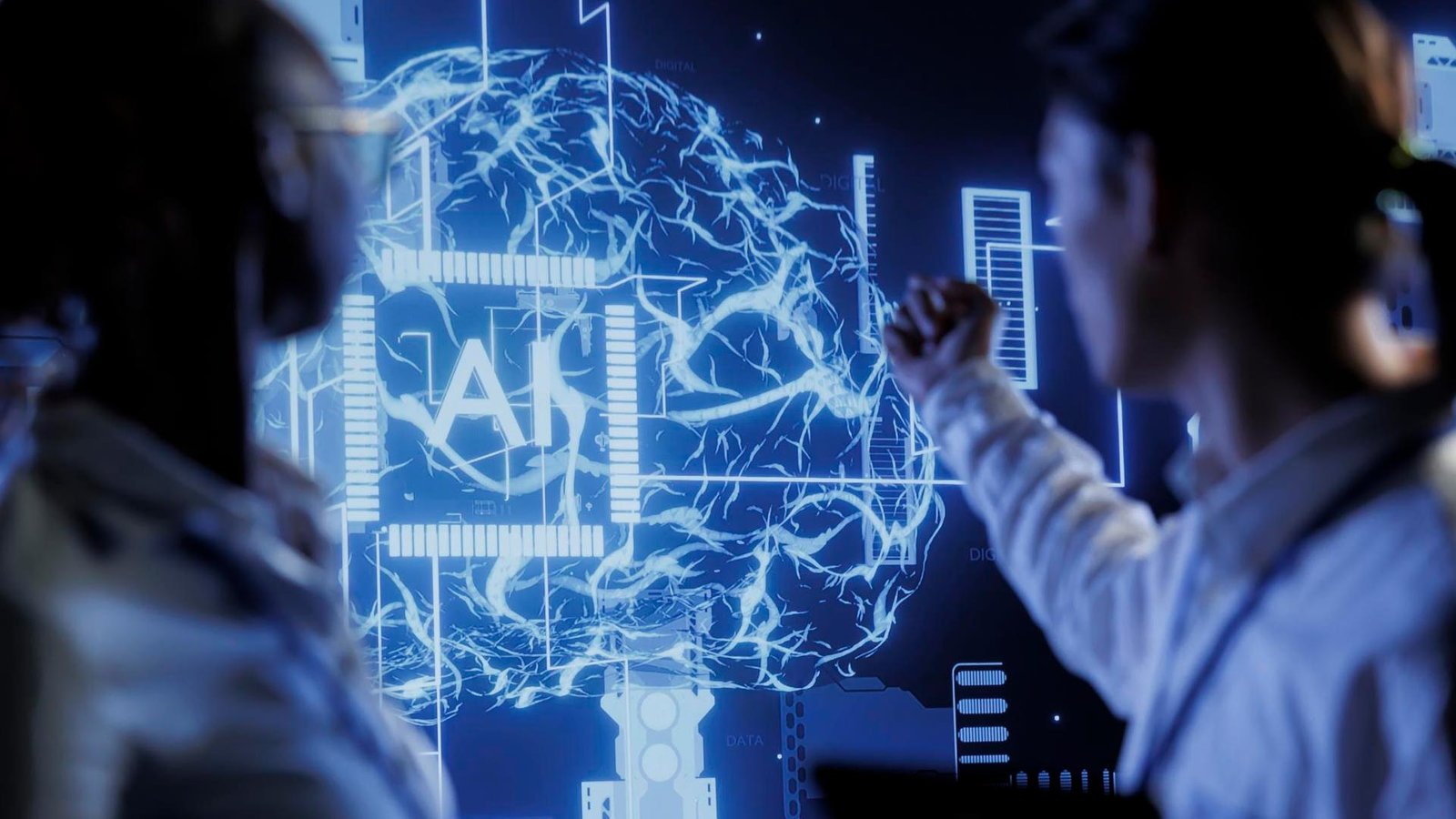WiMi Hologram Cloud Inc. (NASDAQ: WiMi) (“WiMi” or the “Company”), a leading global Hologram Augmented Reality (“AR”) Technology provider, today announced that they are exploring an innovative quantum machine learning algorithm designed to achieve efficient training of large-scale machine learning models by integrating quantum acceleration technology. The core idea of this algorithm is to use classical machine learning algorithms to pre-train dense neural networks, allowing for the preliminary learning of data features. Subsequently, a sparse neural network is constructed, a process that not only reduces the computational burden but also lays the foundation for subsequent quantum acceleration.
Building upon the construction of sparse neural networks, WiMi further developed a quantum ordinary differential equation (ODE) system corresponding to sparse training. This system requires both sparsity and dissipation conditions to ensure the feasibility of quantum acceleration. Sparsity means fewer interaction terms within the quantum system, which helps reduce the complexity of quantum computing. The dissipation condition ensures that the quantum system can stably evolve toward a certain equilibrium state, facilitating subsequent measurements and parameter extraction. To further enhance the algorithm’s computational efficiency and robustness, a quantum Kalman filtering method was employed. This method linearizes the nonlinear equation by transforming the quantum state evolution equation into a linear differential equation, enabling better handling of disturbances such as quantum noise. After solving the quantum system, the state of the quantum system is measured to obtain the final training parameters. These parameters are then used to construct and optimize the classical sparse neural network, thereby improving model performance. The introduction of quantum measurement ensures that the quantum acceleration effect can be practically applied to classical machine learning models, thus achieving an organic integration of quantum and classical computing.
The quantum algorithm for large-scale machine learning models developed by WiMi offers significant technical advantages. By combining sparsity with quantum acceleration, the algorithm notably reduces computational complexity and improves the efficiency and scalability of model training. This makes it possible to achieve rapid training of large-scale machine learning models and helps drive the widespread application of artificial intelligence technologies. Moreover, the application of quantum algorithms will pave new paths for the sustainable development of large-scale machine learning models. Traditional large-scale machine learning model training processes are often associated with massive energy consumption and carbon emissions, while quantum algorithms are expected to reduce energy consumption by lowering computational complexity, thus enabling sustainable development. The construction and solving of the quantum ordinary differential equation system also provides a new framework and methodology for theoretical research in quantum machine learning algorithms. This framework not only helps advance the deep development of the quantum machine learning field but also lays the foundation for the emergence of more innovative algorithms in the future.
With the continuous maturation of quantum hardware and ongoing improvements in quantum algorithm theory, the quantum algorithm for large-scale machine learning models explored by WiMi is expected to demonstrate its revolutionary potential across various fields. For example, in the digital art domain, quantum algorithms can accelerate image and video processing speeds, enhancing the efficiency and quality of digital art creation. In the natural language processing field, quantum algorithms can speed up the training of language models, improving language understanding and generation capabilities, and driving human society toward a more intelligent and efficient future.
Explore AITechPark for the latest advancements in AI, IOT, Cybersecurity, AITech News, and insightful updates from industry experts!

